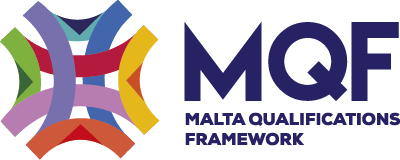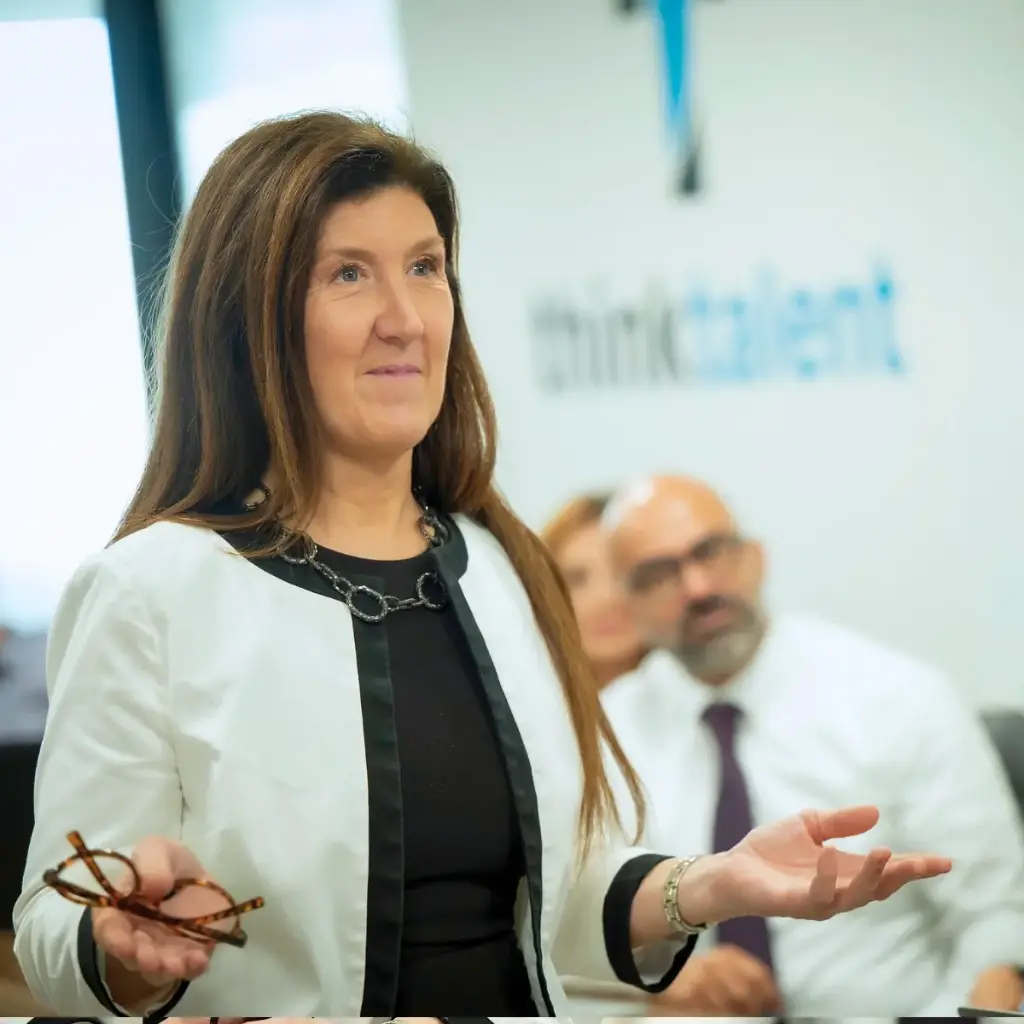Structure of Programme:
The programme will be delivered as one module and cover the following sections:
Introduction to Coaching
This section will introduce learners to the concept of coaching at the workplace. It will briefly look of the development of coaching through the years as well as distinguish it from other forms of developmental tools. It will then look at how coaching can be useful to lead and manage teams. Finally we will look at the core qualities of an effective coach and discuss their implications.
Topics:
- What is coaching and how does it differ from mentoring, training and counselling
- The team leader's role as a coach
- Opportunities to coach at the workplace
- Core qualities of an effective coach.
Essential Coaching Skills
This section of the programme will cover 12 essential skills for anyone wishing to utilise coaching in a workplace setting to lead a team effectively. Each skill will be explained in depth with examples and followed by group exercises that allow the learners to practice the individual skills.
Topics:
- Setting clear expectations
- Monitoring team members’ performance
- Building trust through rapport
- Active listening
- Effective questioning
- Identifying limiting beliefs
- Challenging and confronting
- Motivating your team members
- Expressing empathy
- Goal setting
- Action planning
- Following-up
Coaching Models
This section will introduce the learners to 2 of the most widely used models for coaching (the G.R.O.W. model and the O.S.K.A.R. model). They will be shown the benefits of using each model and how they can be applied to various workplace scenarios.
Topics:
- The G.R.O.W. model
- The O.S.K.A.R. model
Coaching for Performance Management
This section will focus on how team leaders can use the coaching approach as part of their regular interactions with team members on issues of poor performance. Learners will be shown how feedback can be delivered effectively and how to avoid triggering a defensive reaction from their team members. Learners will also learn simple ways in which they can use a coaching approach in everyday, brief and informal catch-ups with their team members whether individually or as a group.
Topics:
- Managing performance through feedback
- Informal coaching techniques
Group Practice Session
The final section of the programme will be dedicated to practicing the skills and techniques learnt during the programme. Each learner will have the opportunity to pair up with a partner to practice using a variety of typical work-place scenarios.
Teaching, Learning and Assessment Procedures:
The programme will include a mix of formative self-assessment, peer-assessment and trainer assessment techniques, including:
- a number of self-assessment questionnaires to encourage the learners to assess and reflect on their individual competency in the skills discussed throughout the programme
- learners are expected to role-play the skills covered in the programme and given feedback by the trainer and peers
- trainer assessment of the learners’ reflective journaling after each session capturing the main points learned during each session, making a commitment to follow up on at least one practical action point and reviewing progress on the commitment made
- self-assessment through multiple choice quizzes after each session to assess the transfer of knowledge and main concepts covered during each session
What’s Included:
- Training by a certified and experienced educator/s
- Detailed course notes
- Funding options

